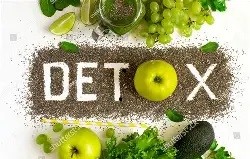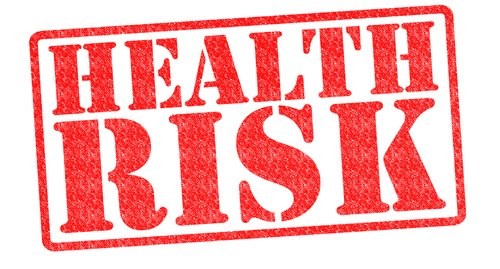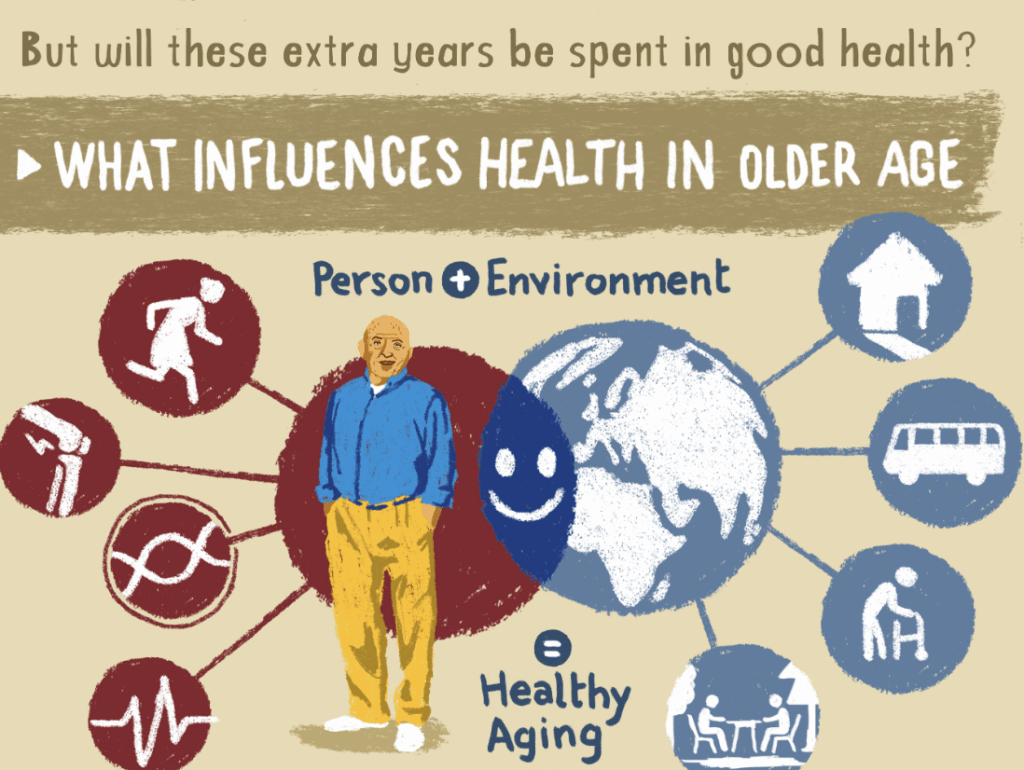
Introduction, What Older Adults Should Know About Heavy Metal Detox
Detox heavy metals after 50. Here, our modern world has brought incredible advances. But it’s also exposed us to substances that can quietly harm our health. So then, heavy metals such as lead, mercury, arsenic, cadmium, and thallium are among the most toxic elements found in the environment.
However, over time, they can build up in the body, affecting organs, the nervous system, and even mobility and memory. Also, issues that many older adults are already concerned about. Consequently, understanding where these metals come from and how to remove them safely is key to protecting long-term health.
What Are Heavy Metals?

Detox heavy metals after 50. As a result, heavy metals are naturally occurring elements that have a high atomic weight and density — they’re “heavy” in a literal sense. Some, like iron, zinc, and copper, are essential in small amounts. But others — such as lead, mercury, arsenic, cadmium, and thallium — have no biological benefit and can be toxic even in tiny doses.
A Brief History of Heavy Metal Exposure

Detox heavy metals after 50. Here, human exposure to heavy metals isn’t new. And ancient civilizations used lead in pipes, cookware, and cosmetics. Besides, mercury was once used in medicine and hat-making (leading to the term “mad as a hatter”). Also, with industrialization came arsenic in pesticides, cadmium in batteries, and thallium in electronics and glasswork.
And while modern regulations have reduced direct exposure, traces of these metals remain in air, soil, water, and food, meaning that low-level, long-term exposure is still common today.
How Humans Get Heavy Metals

Detox heavy metals after 50. Heavy metals can enter the body through:
- Contaminated food and water – fish high in mercury (like tuna or swordfish), rice grown in polluted soil (arsenic), and old pipes leaching lead into tap water.
- Air pollution – from industrial sites, vehicle exhaust, or burning waste.
- Household and workplace exposure – old paint, batteries, welding, or fertilizers.
- Dental fillings and medical treatments – older mercury-based fillings and certain imaging agents.
For instance, over time, these metals accumulate in bones, liver, kidneys, and brain tissue, where they can remain for years.
Health Risks and Damage

Detox heavy metals after 50. For example, heavy metal accumulation can cause a wide range of symptoms that mimic age-related decline. Common effects include:
Environmental toxins and aging health risks

- Lead: Fatigue, high blood pressure, joint pain, memory loss.
- Mercury: Tremors, anxiety, muscle weakness, and impaired vision.
- Arsenic: Skin changes, digestive upset, and nerve damage.
- Cadmium: Kidney damage, bone weakness, and lung problems.
- Thallium: Hair loss, nerve pain, and cardiovascular issues.
However, chronic exposure has also been linked to neurodegenerative diseases such as Alzheimer’s and Parkinson’s, making detoxification and prevention especially important for older adults.
How to Remove Heavy Metals Safely

Medical Chelation Therapy
Furthermore, chelation uses compounds that bind to metals in the bloodstream so the body can excrete them through urine. Here, the most common chelating agents include:
- EDTA (ethylene diamine tetraacetic acid) – for lead and cadmium.
- DMSA (dimercaptosuccinic acid) – for lead, mercury, and arsenic.
- DMPS (dimercapto-propane sulfonate) – often used for mercury.
Above all, these treatments must be administered by a qualified healthcare professional, as improper use can cause dangerous mineral loss or kidney stress.
Natural ways to remove lead and mercury from the body

Therefore, for mild exposure or ongoing prevention, natural detox support can help the body’s own cleansing systems (liver, kidneys, gut, and skin) function more efficiently.
Garlic and onions for natural detoxification
- Cilantro and chlorella – shown in studies to help remove mercury and lead.
- Garlic and onions – contain sulfur compounds that bind heavy metals.
- Cruciferous vegetables (broccoli, kale, cabbage) – boost liver detox enzymes.
- Lemon water – supports kidney filtration and hydration.
- Green tea and turmeric – provide antioxidants to protect cells during detox.
Lifestyle tips to reduce toxic metal exposure
- Hydrate well – 6–8 glasses of clean water daily helps flush toxins.
- Sweat regularly – through walking, gentle exercise, or sauna use.
- Support gut health – fiber from fruits, vegetables, and oats helps eliminate toxins through digestion.
- Avoid re-exposure – check for old lead-based paint, limit high-mercury fish, and use glass or stainless steel instead of aluminium cookware.
When to See a Doctor
Detox heavy metals after 50. Hence, anyone with suspected heavy metal exposure should consult their doctor for a urine or blood test. Above all, never begin chelation or strong herbal detox treatments without medical guidance. And particularly for older adults or those with kidney or heart issues. For the most part, detoxing too quickly can mobilize metals faster than the body can excrete them, increasing symptoms temporarily.
Final Thoughts
Detox heavy metals after 50. Incidently, heavy metals are a hidden hazard of modern life. But awareness is your best defense. And by understanding where exposure comes from and supporting your body’s natural detox systems. But you can reduce your toxic load and improve overall vitality. Remember — safe detoxification is a long-term process, not a quick fix.
✅ Eat detox-supportive foods (cilantro, garlic, cruciferous veg)
✅ Stay hydrated every day
✅ Exercise and sweat regularly
✅ Avoid high-mercury fish and old paint or pipes
✅ Get tested if you suspect exposure
✅ Only use medical chelation under supervision
Pensioner Fitness – Helping You Stay Strong, Steady, and Self-Reliant
Pensioner Fitness Awards
THE BUSINESS CONCEPT, BEST IN BUSINESS AWARDS
- “MOST INSPIRING SENIOR WELLNESS WEBSITE 2023“
THE GLOBAL HEALTH AND PHARMA, FITNESS AND NUTRITION AWARDS
2. “BEST SENIOR FITNESS AND NUTRITION SPECIALIST 2023“
THE MIDDLE EAST AND AFRICA BUSINESS AWARDS
3. “ MOST INCLUSIVE FITNESS PROVIDER 2023″
THE CORPORATE LIVE WIRE GLOBAL AWARDS 2023/2024
4. ” FITNESS ADVISORY PLATFORM OF THE YEAR“ 2023/2024
In Conclusion, The Unique Challenges for Seniors
Detox heavy metals after 50. As a result, imagine feeling more energetic, clearer-headed, and physically lighter. And all by reducing harmful toxins that have built up over decades. Also, heavy metals, including lead, mercury, and cadmium, silently accumulate in our bodies through everyday exposures: polluted air, water, foods, and even medications or dental fillings. By the way, unfortunately, as we age, our bodies slowdown in detoxifying these harmful substances, making seniors particularly vulnerable to their damaging effects.
For adults over 65, heavy metal accumulation can worsen fatigue, cognitive fog, joint pain, and even heart or kidney conditions. But the good news? Hence, detoxing these metals doesn’t need to be extreme or risky. So then, modern research now focuses on safe, gentle methods designed for seniors to support their detoxification without straining the body.
Immportant Note *
Remember that everyone is different, it is ultimately YOUR RESPONSIBILITY to find what your body responds to. So please do your due diligence before trying anything new, including getting Medical Advice to ensure your safety and peace of mind.
Connect with me and leave a com